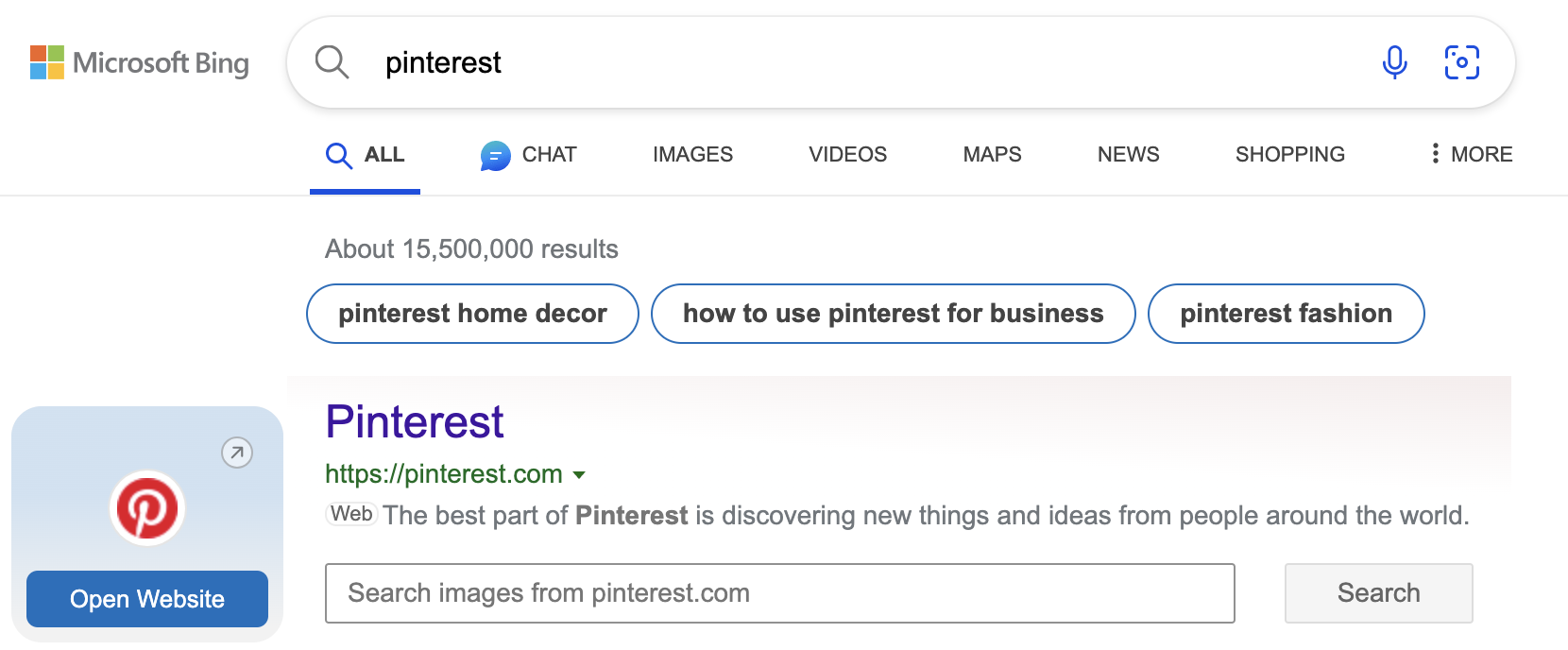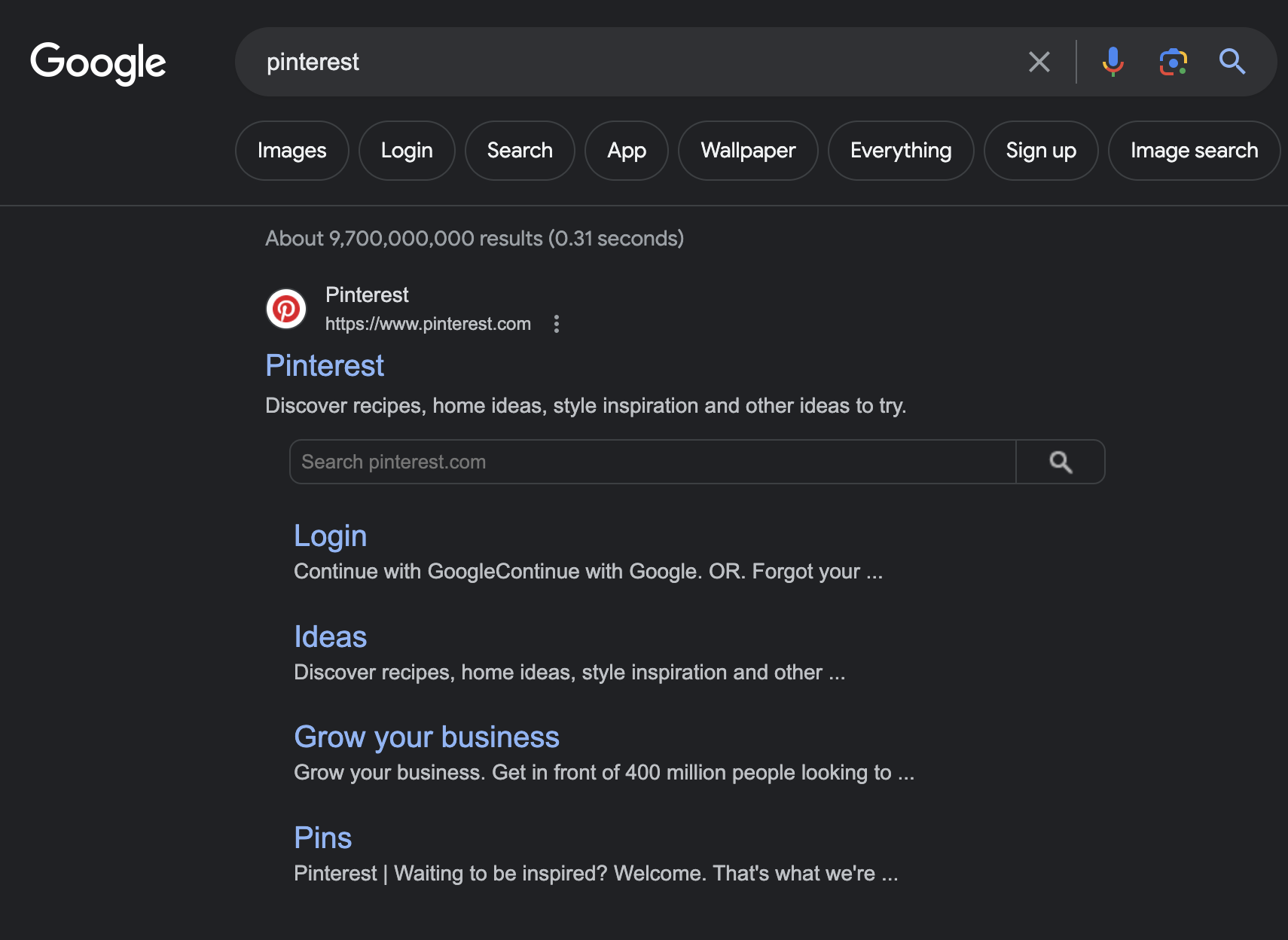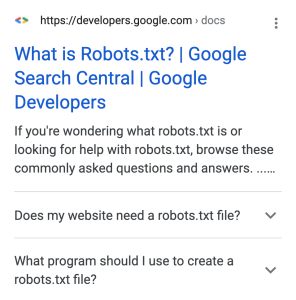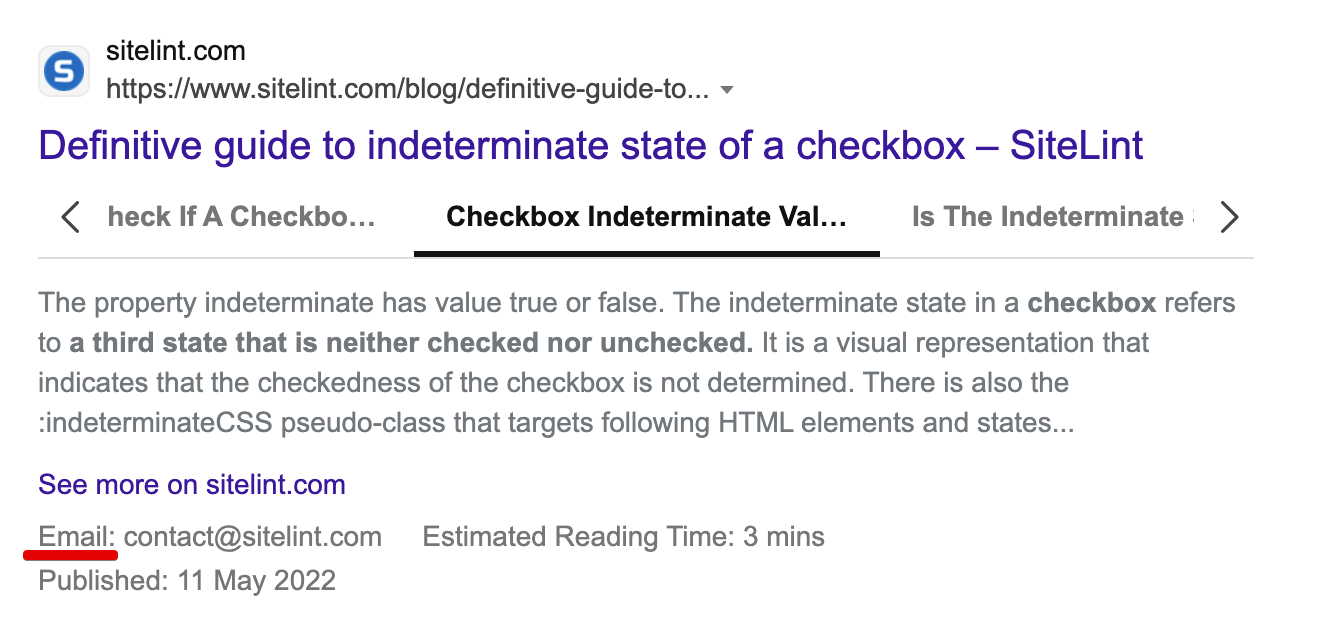JSON-LD means JavaScript Object Notation for Linked Data. What is it? Why do you need that? Let's explore it in layman's terms.
JSON-LD means JavaScript Object Notation for Linked Data. It is called structured data and it is used to more precisely describe your content on the page because only HTML is not good enough. JSON-LD is not visible to the user, but it helps search engines understand your content better by providing information about a page and classifying the page content.
What is LD JSON used for?
Search engines makes all efforts to understand the content of a page. The web page is scanned by software that has algorithms that try to understand what we have on it. All we use to describe page content is HTML. Unfortunately, HTML is not enough. There are not enough elements that can sufficiently and precisely describe the content of the website. Hence, a new format for describing data was created, which is called JSON-LD.
To illustrate the problem here is a simple example content described by HTML. Let’s say you want to announce an event on the website. Potentially you could program it in HTML like this:
<h1>Fast and simple cooking techniques event</h1>
<p>Description: Mr. John, a well-known chef, will show us simple and quick cooking techniques.</p>
<p>Start date: 2023-06-30, 10:00</p>
<p>Duration: 2 hours</p>
<p>Location: Hotel Sea, 14700 Prague, Czech Republic</p>
<p>Online meeting: example.com</p>
<p>Organizer: Chefs Cooking Club</p>
Compare now with the same event HTML structure, but using JSON-LD:
<script type="application/ld+json">
{
"@context": "http://schema.org/",
"@type": "Event",
"name": "Fast and simple cooking techniques",
"description": "Mr. John, a well-known chef, will show us simple and quick cooking techniques.",
"image": "event-image.jpg",
"eventAttendanceMode": "https://schema.org/MixedEventAttendanceMode",
"eventStatus": "https://schema.org/EventScheduled",
"startDate": "2023-06-30T10:00:00.000+01:00",
"endDate": "2023-06-30T12:00:00.000+01:00",
"location": [
{
"@type": "Place",
"name": "Hotel Sea",
"address": {
"streetAddress": "Hotel street",
"addressLocality": "Prague",
"addressRegion": "Prague",
"postalCode": "14700",
"addressCountry": "Czech Republic"
}
},
{
"@type": "VirtualLocation",
"url": "https://www.example.com"
}
],
"organizer": {
"@type": "Organization",
"name": "Chefs Cooking Club",
"url": "example.com"
}
}
</script>Why should I use JSON-LD?
JSON-LD not only accurately describes the data, but can also be used by search engines in their many functionalities. An example would be the Sitelinks Search Box and its schema which allows users to search your site or app directly from the search results page. The search box includes real-time suggestions as well as other features.
See example on the search results:


Where to place in the code?
The data, enclosed within the script tags <script type="application/ld+json">...</script>, may be placed in either the <head> or <body> region of the page.
JSON-LD should be inside a<script>element in either the<head>or<body>of the page.
Can I have many different structured data’s on the page?
Actually any search engine understands multiple items on a page, whether you nest the items or specify each item individually.
Why does Google prefer JSON-LD than other structured data types?
Here is a quote from Google documentation:
Google Search supports structured data in the following formats, unless documented otherwise. In general, we recommend using a format that’s easiest for you to implement and maintain (in most cases, that’s JSON-LD); all 3 formats are equally fine for Google, as long as the markup is valid and properly implemented per the feature’s documentation.
Is JSON-LD a W3C standard?
The JSON-LD Working Group is the W3C standard. W3C published the following specifications as W3C Recommendations: JSON-LD 1.1 – A JSON-based Serialization for Linked Data.
How does JSON-LD affect SEO?
Based on our experience with our site we see that the site receives a small but essential push in the page ranking. SEO performance improvement is noticeable. JSON-LD, properly configured, allows search engines to better understand the content on the page. Hence, it is easier to match the user’s query with the data defined using JSON-LD.
In addition, search engines provide various types of features that they make available directly on the search results page.
JSON-LD, SEO and Frequently Asked Question (FAQ) example in Google

Source: Google
JSON-LD, SEO and Contact example in Bing
Bing uses ContactPoint schema to display contact email.
ContactPoint schema on Bing search
What are typical errors related to JSON-LD?
A common issue found anywhere is [Facebook Pixel] – Unable to parse JSON-LD tag. Malformed JSON found
. The solution is to ensure the JSON string is represented by a single string without whitespaces.
See description for SiteLint rule malformed-json-ld.
Summary
Whenever possible, always add a JSON-LD structure to your page. This will definitely support SEO and it does not slow down the loading and execution of the code on the page.
Fun fact about JSON-LD and the words used to find it
Here are the phrases related to JSON-LD that users type into search engines: jsonld, json ld, jason ld, json-ld seo, what is json ld in seo.

Comments